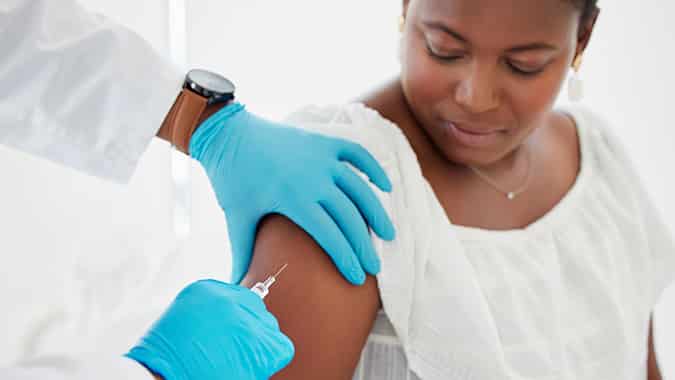The $349 billion federal Paycheck Protection Program was launched Friday, allowing participating banks to start offering forgivable loans backed by the federal government to provide short-term cash flow assistance to businesses dealing with the economic impact of the COVID-19 crisis.
Deirdre Hartmann, a CPA and tax partner with Nisivoccia, said businesses need to decide if this is the right program for them and apply quickly because the money is being distributed on a first-come, first-served basis. Small businesses, self-proprietors and nonprofits can apply now, while independent contractors and the self-employed can start applying on April 10.

“Our recommendation to our clients is to jump on this because once the $349 billion is gone, it’s gone,” Hartmann said during an NJBIA webinar on Friday. “You don’t want to be the last one in line.”
Not all banks, however, are ready to start the application process for this new program, so for now, applicants are going to need to be patiently persistent.
“I know that government may have said that today is the day, but I don’t think a lot of banks are ready today,” Hartmann said Friday.
The Paycheck Protection Program (PPP) is part of a $2 trillion federal stimulus packaged enacted a week ago in response to the COVID-19 pandemic and is designed to help businesses keep workers on their payrolls. Small businesses (fewer than 500 employees) may take loans of up to $10 million based on a formula tied to payroll costs. The formula is essentially 2.5 times a business’ monthly payroll costs.
The loans are forgivable if staffing levels and other conditions are met. The loans can be used for payroll, healthcare benefits, interest on mortgage or other debts, rent, and utilities. Payroll costs include salaries and wages, commissions, severance, vacation, family and sick leave, health and retirement benefits, state employer payroll taxes, and compensation paid to a sole proprietor, independent contractor or self-employed individual.
Excluded from allowable payroll costs are the portion of salaries exceeding $100,000 annually, federal payroll taxes, compensation that is paid to non-U.S. residents, and sick and family leave covered under the new Families First Act.
Updated federal rules issued Friday morning raised the interest rate under the PPP from 0.5% to 1% with a shortened two-year loan repayment period, Hartmann said.
Therefore, for some small businesses and nonprofits, it may make more sense to apply for an Economic Injury Disaster Loan (EIDL), administered directly by the SBA. This loan program is offering emergency grants and low-interest loans of up to $2 million.
“The EIDL has a much longer payback period,” Hartmann said. “So when you’re thinking about which loan is best for your business or not-for-profit you may want to take that repayment period into account.”
Unlike PPP loans, however, Economic Injury Disaster Loans, are not eligible for forgiveness.
Go here to listen to the entire webinar.




